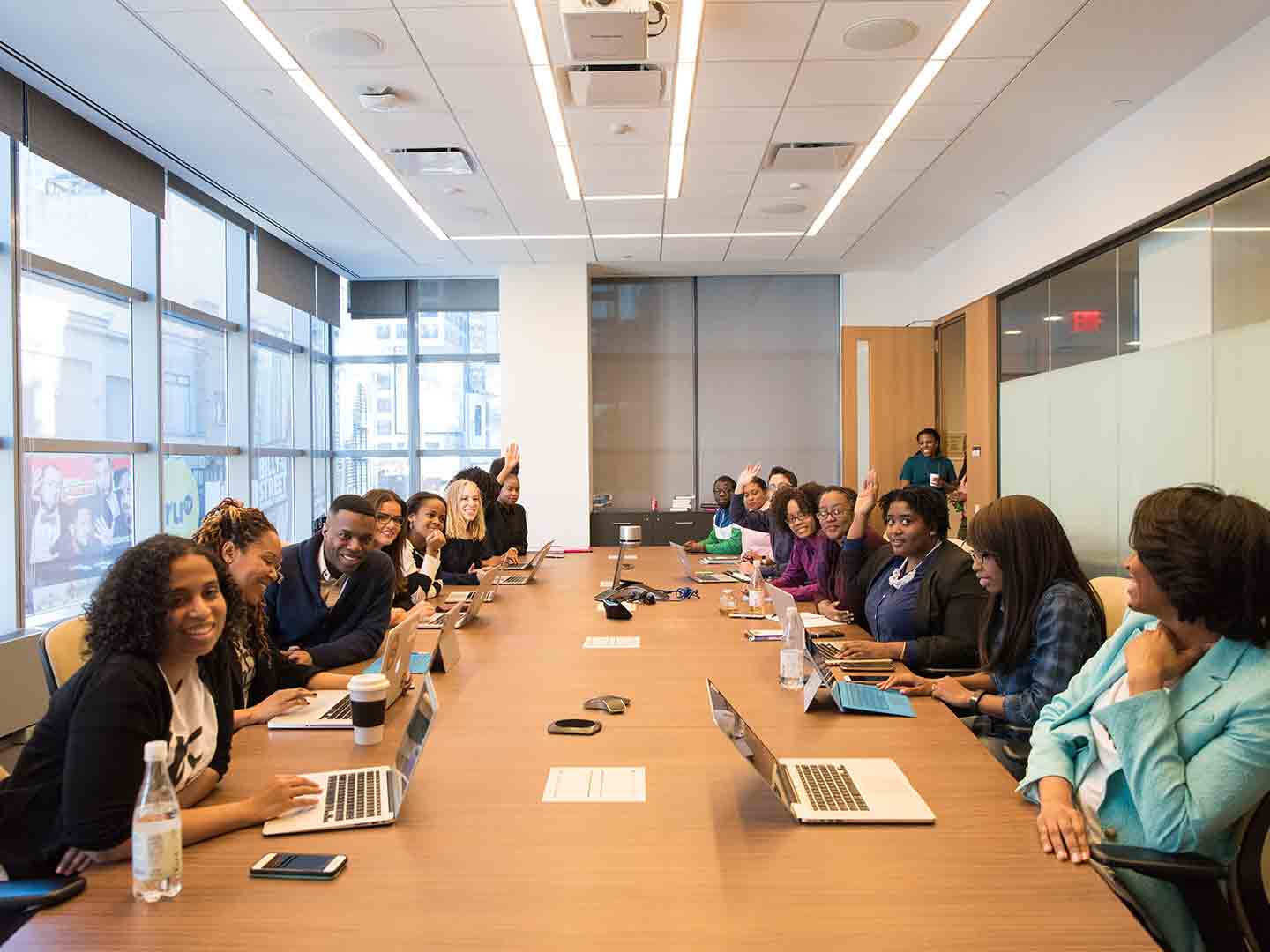
After you’ve invested time and money into hiring the person you hope will be your next sales star, the last thing you want to see is any sign of trouble. Unfortunately, some new sales pros don’t work out because managers don't know how to hire for cultural fit. What signs of trouble should you be noticing when it comes to cultural fit? Maybe your new rep doesn’t seem to be clicking with the rest of the team. Or they won't even engage with the one team member you assigned as a mentor. Our research shows that 27% of reps have left an organization because they didn’t like their co-workers or team culture.
Define Workplace Culture
Despite your best efforts to help the new rep fit in, you may not be able to make the situation work. To avoid making a similar mistake in the future, keep the advice of Lauren Rivera, an associate professor of management and organizations at Kellogg School of Management at Northwestern University, in mind. In this era of refreshed socially-conscious hiring, Rivera encourages organizations and hiring managers to go “beyond vague buzz words” about their culture. One common phrase organizations use these days is ‘valuing inclusivity.’
Hiring managers may intellectually be on board with valuing inclusivity. But they can be easily swayed by a candidate’s interview performance. Sales managers know very well how to establish credibility with prospects. This credibility comes down to connections. They study prospects to learn details such as where they went to college and which hobbies and sports they enjoy.
The well-prepared candidate for your open position will do the same. And during the course of the interview, you’ll grow increasingly relaxed and comfortable with them. Before you realize what’s happening, your hiring decision is largely based on the fact that you and the candidate went to the same university. While there may not be anything inherently wrong with that strategy, diversity doesn't come in to play. Hiring for cultural fit shouldn’t mean hiring people who are just like you. You can find diverse candidates who will succeed in your culture.
As Rivera explains, “when interviewers said that they didn’t think a candidate would be a good fit, it was often because that person didn’t have a similar background, not because the candidate lacked in skills or positive values.” Here’s how you can overcome this problem.
Assessments Before Interviews
You can improve your hiring efficiency by asking candidates to take a skills assessment before you invite them in for an interview. This step reduces the chances that a marginally qualified candidates can speed through the hiring process based on their charm offensive.
Interview Questions
Once you’ve determined who possesses the right skills, you can focus on what to ask during the interview. Some assessment platforms will provide you with customized questions to ask based on the candidate’s profile. To determine cultural fit, you’ll want to dig deeper. In particular, stay away from questions that focus on how you feel about a specific person. Some managers tend to think about whether the potential employee is a ‘fit socially’ for them, observes Rivera. Given that mindset, it’s little wonder that so many organizations tend to lack diversity.
Hire for Cultural Fit
To get at whether a candidate fits an organization’s mission and culture, Rivera holds up Southwest Airlines as an example. To hire people who support their mission of “fun and love,” they may ask candidates how they would handle a difficult customer. The best candidates likely have an answer that is about being positive and supporting while trying to solve the problem. This is a far better question to ask than something like, “tell me what you do for fun.”
Simply put, when considering cultural fit during the hiring process, you will need to step out of your comfort level and decide whether the candidate has what it takes to improve your business.
